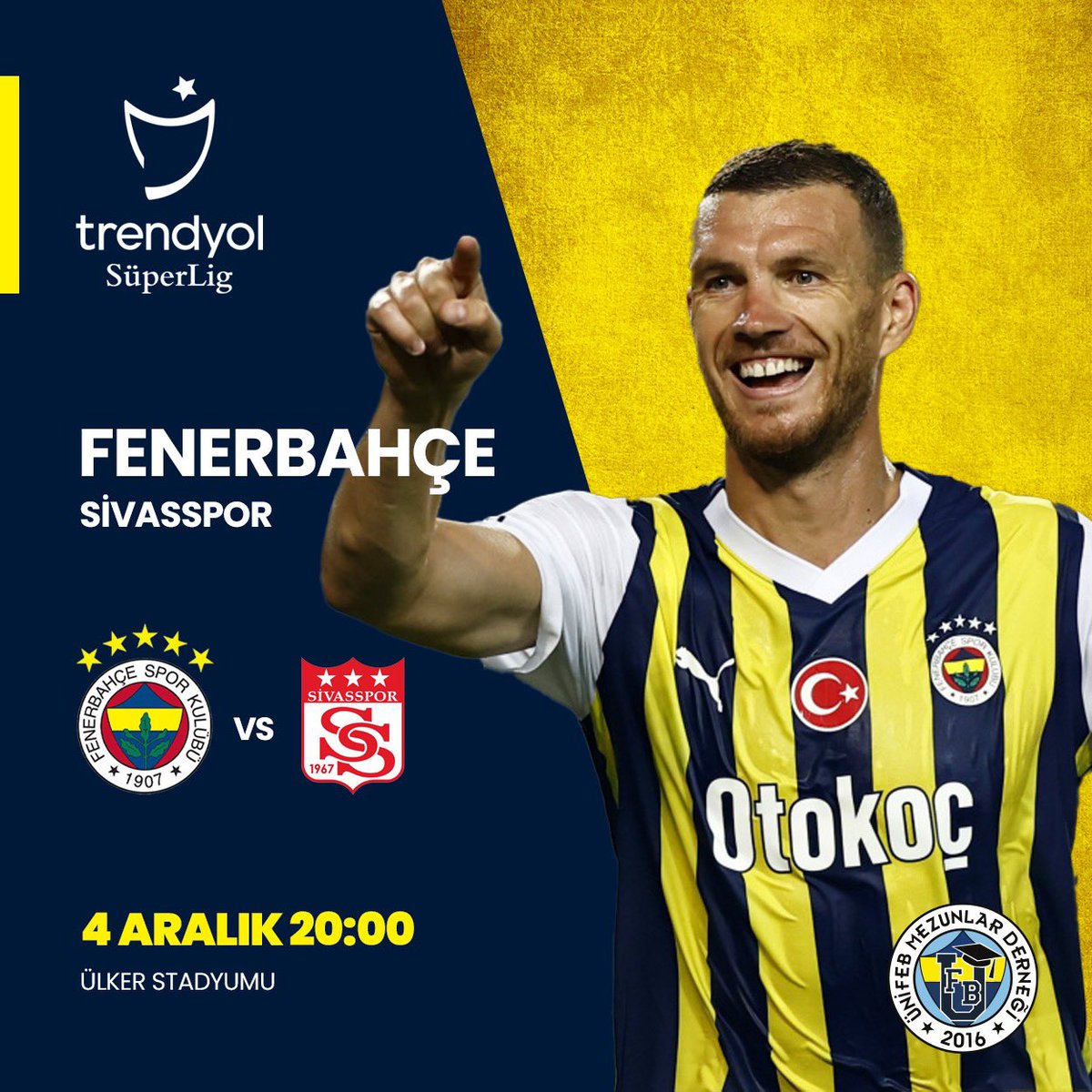
Discover the captivating story of Gremio, a prominent Brazilian football club that has left an indelible mark on the sport.

One of the key elements that sets Gremio apart from other clubs is their passionate fan base. Known as 'Imortal Tricolor' (Immortal Tricolor), Gremio supporters are considered among the most dedicated and vocal fans in Brazil. Their unwavering support has played a crucial role in motivating players and creating an intimidating atmosphere for visiting teams.
When it comes to achievements, Gremio boasts an impressive trophy cabinet. The club has won numerous state championships over the years, including a record-breaking number of Campeonato Gaúcho titles. However, it was during the 1980s that Gremio truly made their mark on the global stage.
In 1983, led by legendary manager Valdir Espinosa and featuring talented players like Renato Portaluppi (commonly known as Renato Gaúcho) and Jorge Veras, Gremio conquered South America by winning their first-ever Copa Libertadores title. This victory marked a turning point for Brazilian football as it ended an era dominated by Argentine clubs.
Furthermore, Gremio went on to win their second Copa Libertadores crown just three years later in 1986 under coach José Ribamar Batista Dacunha. They showcased their dominance by defeating the runners-up, River Plate, in a thrilling two-legged final. Gremio's success in the Copa Libertadores during this period firmly solidified their status as one of Brazil's top football clubs.
Alongside their Copa Libertadores triumphs, Gremio achieved another significant milestone in 1983. They went on to win the Intercontinental Cup (now known as FIFA Club World Cup) by defeating Hamburger SV in Tokyo, Japan. This victory made Gremio only the second Brazilian club after Santos to clinch this prestigious title.
In recent years, Gremio has continued to enjoy success both domestically and internationally. In 2017, under the guidance of coach Renato Gaúcho - a former player turned manager - Gremio once again won the Copa Libertadores, further cementing their legacy in South American football.
Gremio's style of play is characterized by their attacking flair and emphasis on strong teamwork. The club has produced many talented players who have gone on to represent the Brazilian National Team and excel at international tournaments like the FIFA World Cup.
Overall, Gremio's journey to success is a testament to their rich history, passionate fan base, and relentless pursuit of excellence. As they continue to compete at the highest level of Brazilian football, it is clear that Gremio will forever be etched into the fabric of Brazilian footballing folklore.



Mouse sem fio para notebook
Founded in 1903, Grêmio Foot-Ball Porto Alegrense, commonly known as Gremio, is one of the most successful and beloved football clubs in Brazil. Based in the city of Porto Alegre, Rio Grande do Sul, Gremio has enjoyed a rich history filled with triumphs and memorable moments on the pitch.One of the key elements that sets Gremio apart from other clubs is their passionate fan base. Known as 'Imortal Tricolor' (Immortal Tricolor), Gremio supporters are considered among the most dedicated and vocal fans in Brazil. Their unwavering support has played a crucial role in motivating players and creating an intimidating atmosphere for visiting teams.
When it comes to achievements, Gremio boasts an impressive trophy cabinet. The club has won numerous state championships over the years, including a record-breaking number of Campeonato Gaúcho titles. However, it was during the 1980s that Gremio truly made their mark on the global stage.
In 1983, led by legendary manager Valdir Espinosa and featuring talented players like Renato Portaluppi (commonly known as Renato Gaúcho) and Jorge Veras, Gremio conquered South America by winning their first-ever Copa Libertadores title. This victory marked a turning point for Brazilian football as it ended an era dominated by Argentine clubs.
Furthermore, Gremio went on to win their second Copa Libertadores crown just three years later in 1986 under coach José Ribamar Batista Dacunha. They showcased their dominance by defeating the runners-up, River Plate, in a thrilling two-legged final. Gremio's success in the Copa Libertadores during this period firmly solidified their status as one of Brazil's top football clubs.
Alongside their Copa Libertadores triumphs, Gremio achieved another significant milestone in 1983. They went on to win the Intercontinental Cup (now known as FIFA Club World Cup) by defeating Hamburger SV in Tokyo, Japan. This victory made Gremio only the second Brazilian club after Santos to clinch this prestigious title.
In recent years, Gremio has continued to enjoy success both domestically and internationally. In 2017, under the guidance of coach Renato Gaúcho - a former player turned manager - Gremio once again won the Copa Libertadores, further cementing their legacy in South American football.
Gremio's style of play is characterized by their attacking flair and emphasis on strong teamwork. The club has produced many talented players who have gone on to represent the Brazilian National Team and excel at international tournaments like the FIFA World Cup.
Overall, Gremio's journey to success is a testament to their rich history, passionate fan base, and relentless pursuit of excellence. As they continue to compete at the highest level of Brazilian football, it is clear that Gremio will forever be etched into the fabric of Brazilian footballing folklore.

Fenerbahçe SK on X: 🆚 Beşiktaş 🗓 9 Aralık Cumartesi 🕖 19.00 📍 Tüpraş Stadyumu 📲 #BJKvFB / X, besiktas x fenerbahçe
